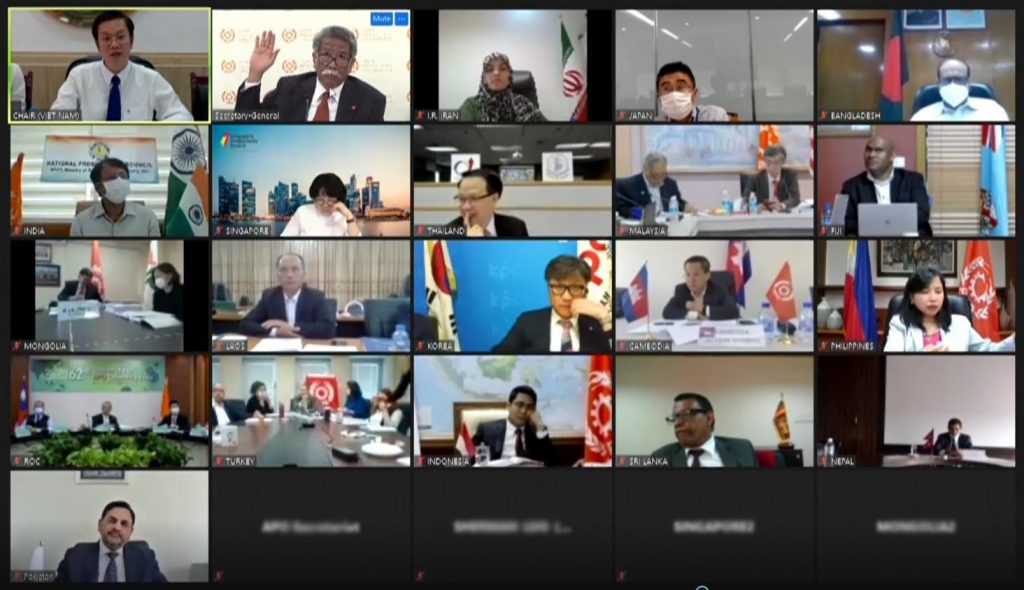
Select Page
A current major challenge is building the capabilities to adopt rapidly evolving Industry 4.0 technologies. A new research publication, Building Industry 4.0 Capacity: Need Analysis of [Read More]
Effective digital communication is critical to manage crises, from economic recession and business shutdowns to disseminating medical updates during a pandemic. This APO Productivity Talk features [Read More]
The public sector plays a significant role in modern economies. According to the UN, as in the business sector, innovation can be a major source [Read More]
Launched in 2016, Halodoc is not just a successful startup. It has disrupted medical services by providing easier access to 22,000 licensed physicians and 1,200 labs [Read More]
It’s never easy for startups, SMEs, and entrepreneurs to attract investors. While that effort is challenging, many manage to succeed.
This APO Productivity Talk explores how [Read More]
A digital platform is an environment allowing supplier and consumer groups to participate in transactions and exchanges. The Global Digital Experience Platform Market size is expected [Read More]
Businesses including SMEs are encouraged to pursue sustainable low-carbon options, known as “green interventions.”
In this APO Productivity Talk, development practitioner Bulganmurun Tsevegjav will share her [Read More]

The 62nd Session of the APO Governing Body (GBM) was conducted via videoconference on 8 June 2020 for the first time in the organization’s long history. [Read More]
This APO Top Talk features the insights of Senior Minister YB Dato’ Seri Azmin Ali, Malaysian Ministry of International Trade and Industry, as well as Ambassador [Read More]
The COVID-19 pandemic is having enormous impacts on economies across the globe. It has hit the service sector, like food and beverages, accommodation, retail, and hospitality, [Read More]